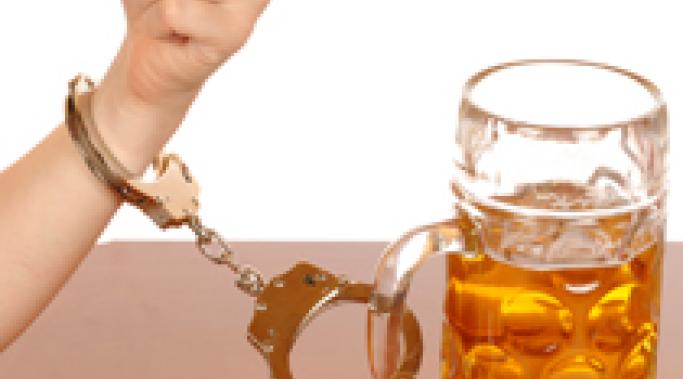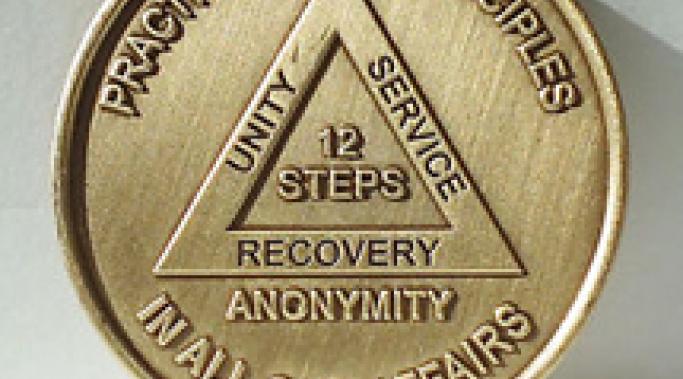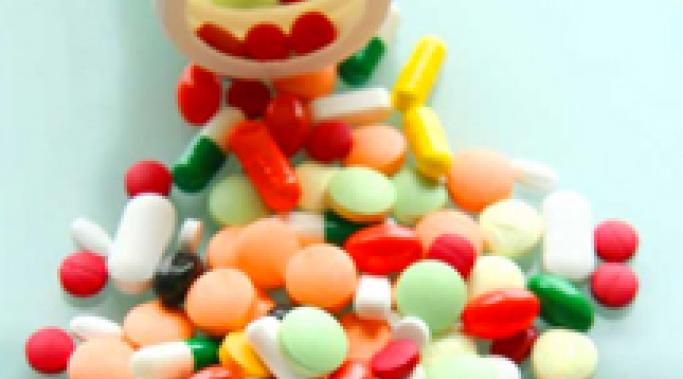Is Alcoholics Anonymous (A.A.) the only way to recover from alcoholism? Like many survivors of spiritual abuse, I have a problem with a Higher Power. While A.A. literature says one's Higher Power is "God as we understand him," the chapter to the agnostic basically argues for the existence of a God. So where does that leave those of us who have some problems with God? The good news is A.A. is not the only way to recover from alcoholism. There are several other organizations that, while not as well known, are just as effective as A.A. Here are three.
Addiction – Recovering from Mental Illness
Self-injury can be addictive but you can recover from self-harm using the 12 steps, among other ways. Because self-harm helps us feel better, even if it is a negative coping skill, it can become a habit. We can become powerless over self-injury. But, like any addiction, a 12-step program can be useful in fighting self-harm behavior and aid self-harm recovery.
What are the mental health needs of the Native American community? At first, I was hesitant to write this because although I have Cherokee ancestry, I'm of mixed blood and not enrolled (my blood quantum is too low). But this morning on a news site, I saw that 11 members of a Canadian First Nation attempted suicide on Saturday night alone, causing the tribe to declare a state of emergency.1
How does one go about staying sober while on pain medication? Recently I fell while on the bus and suffered a bruised coccyx and strained sacroiliac ligament (not to mention wounded ego). The doctor told me it would be extremely painful for three-to-four weeks and wrote me a prescription for a narcotic painkiller. While I have no history of prescription drug abuse, I am an alcoholic, so I was concerned with staying sober while on pain medication. Here is the advice I got from my Alcoholics Anonymous (AA) meeting about staying sober while on pain medication.
There are three things I wish I knew about alcoholism before entering treatment. Maybe if I'd known these three things about alcoholism sooner, I would have realized I had a problem and entered treatment sooner and spared myself a lot of pain. But I'm an alcoholic, and most of my lessons I learned the hard way. So here are three things I wish I knew about alcoholism; may you learn from my thick-headedness.
There are many ways the 12 steps help besides addiction relief. Recently, I lost my bus pass. I decided to ride my bike into town to save money, only to discover that someone had stolen the seat. I said, "Seriously?" and decided that if that was the worst thing that happened that day, I was blessed, and went about my day in a cheerful mood. That would not have been possible without the 12 steps of A.A.. So here are three ways the 12 steps help besides addiction relief.
Should alcoholics and addicts take medication for addiction? When I was on the dual diagnosis unit at a state hospital, an outside therapy group often joked that it was ironic that we took medication for addiction (Drug Addiction Treatment and Drug Recovery). Staff did not see the humor in the statement and warned them to stop saying that. But it raises a valid question: Should alcoholics and addicts take medication for addictions?
Red Bull may give you more than wings: it can give you symptoms of mental illness. What do the studies say about energy drinks and psychiatric symptoms such as mania, psychosis, and substance abuse?
Initially, the title of this blog was "A Recipe For Disaster..." But I used to really (stress this) enjoy a few cocktails. Or an entire bottle of cocktail mix. And that nearly killed me.
That aside, in this blog I want to focus on why those living with mental illness may abuse substances, what some of these substances are, and the impact this can have when we are working to recover from mental illness.
Why Might People With Mental Illness Abuse Substances?









